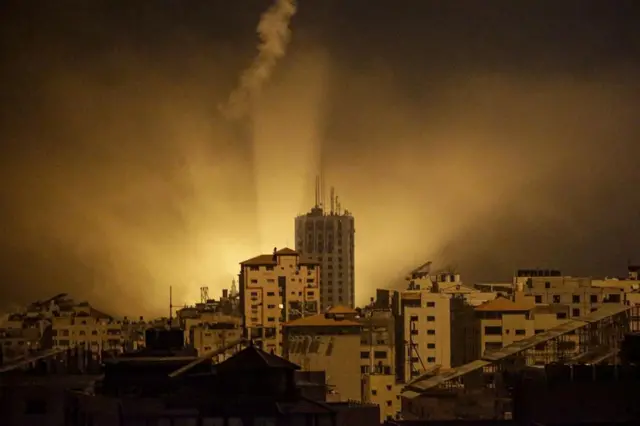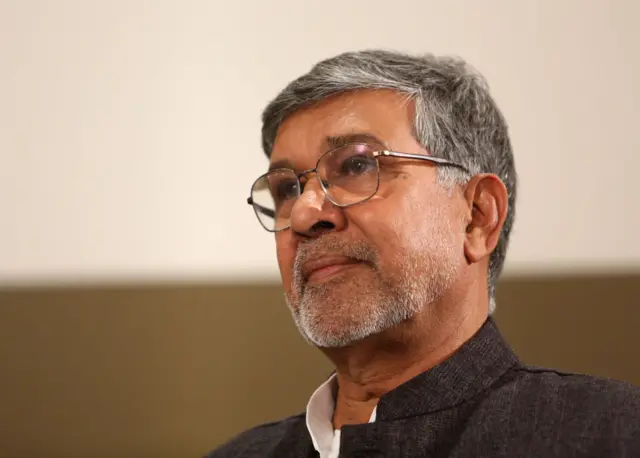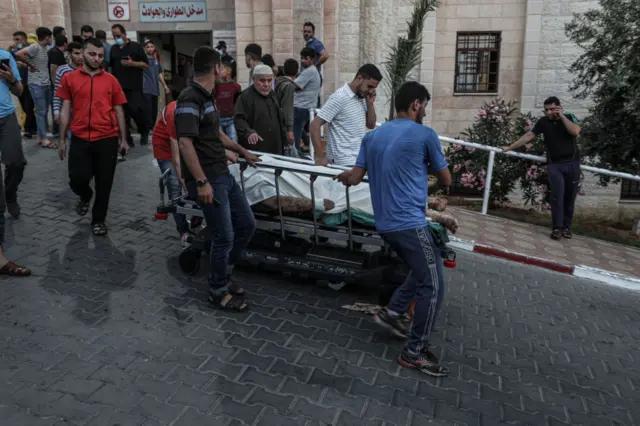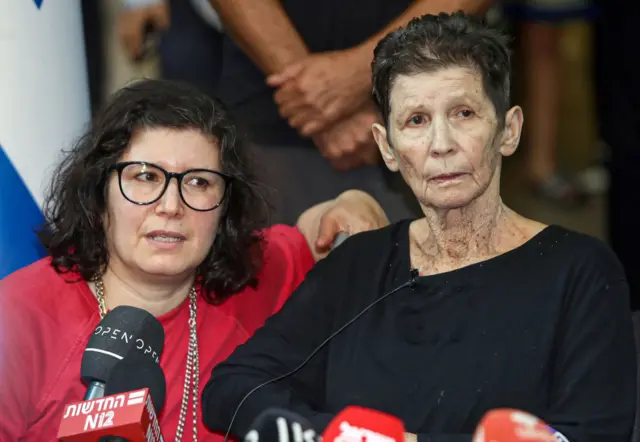US bases in Iraq and Syria hit 38 times - Pentagonpublished at 06:25 GMT 7 November 2023
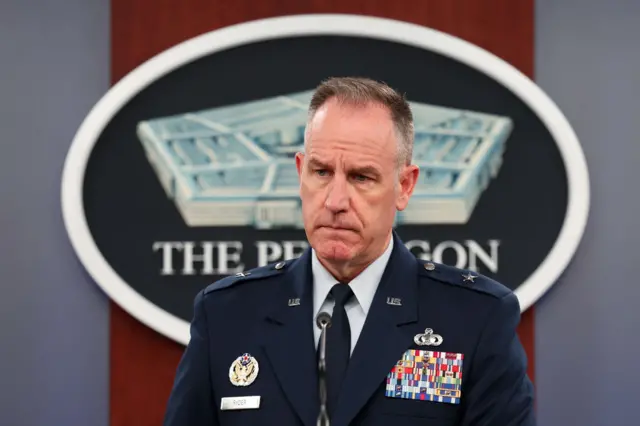 Image source, Getty Images
Image source, Getty ImagesPentagon spokesman Brig Gen Pat Ryder
US bases in Iraq and Syria have been hit 38 times since a wave of attacks began on 17 October, according to a Pentagon briefing a few hours ago.
Most of these were attacks by rockets and drones, and believed to be carried out by groups linked to Iran, Pentagon spokesman Brig Gen Pat Ryder said. Iran backs Hamas in Gaza and Hezbollah in Lebanon.
At least 45 US personnel have sustained injuries from the attacks, including 24 reporting traumatic brain injuries.
The US now has four main objectives in the Middle East, Ryder added.
These are: protecting US forces and citizens in the region; providing "critical security assistance" to Israel's defence against the Hamas group; helping Israel to secure the release of hostages; and strengthening its "force posture" in the region to deter the crisis from escalating beyond Gaza.
